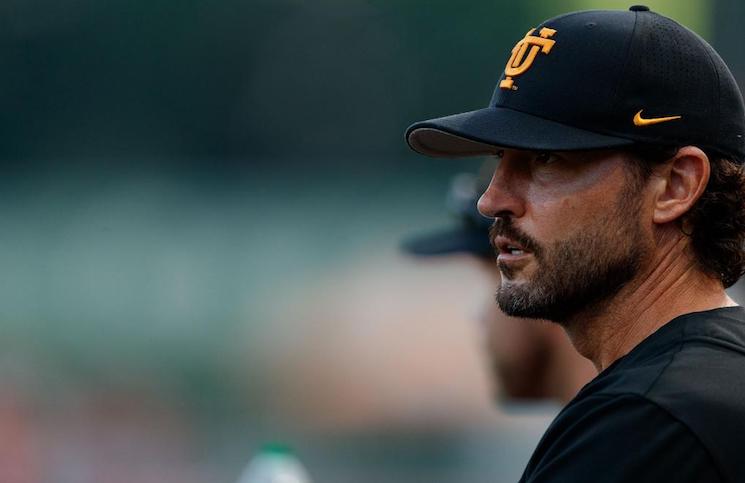 For a Tennessee team that has been thin on depth and has started as many as seven true freshmen in a game, less has become more when it comes to practice.
For a Tennessee team that has been thin on depth and has started as many as seven true freshmen in a game, less has become more when it comes to practice.
Head coach Butch Jones has thrown out the old-school, Junction-Boy mentality of grinding away and practicing as much and as physically as possible to prepare for games.
In an effort to keep an already-dwindling healthy roster intact and to keep freshmen from hitting the proverbial “freshman wall,” Jones has done away with Thursday practices – at least from a physical standpoint.
“We have now Perfect Thursdays – ‘No Sweat Thursdays’ – where we actually do not practice,” Jones said. “It’s all a mental day, so it’s about rest, recovery, meetings and walk-thru. We don’t want them breaking a sweat, so it’s a big mental day. They get their body back and we try to spark the central nervous system 24 hours prior to competition which on Friday now we have about a 40-minute practice where we gear up and go after it pretty good.”
Jones, who has had players equipped with GPS monitors that register how much they’re moving in a given practice, regularly speaks of staying ahead of the sports science curve and this is another step in that direction.
“Always trying to develop and grow to be a better football program,” Jones explained. “We really spent a lot of time researching it. But also knowing that we’re going to be an exceptionally young football team is really teaching them how to take care of your bodies.
“They’ll go through about a 40-to-45 minutes recovery cycle or circuit that is very intense in the weight room, in the training room, the cold tubs, all that. What they’re learning will really benefit them for many years to come in our program.”
“It’s helps our bodies physically,” added safety Brian Randolph. “Get a little bit of extra rest before the game, a little bit more juice, a little more energy for the game. Just adds more rest and recovery.”
Re-thinking the traditional practice schedule has been especially important with the influx of freshmen that have played significant snaps this year. Twenty-two true freshmen have played and at least 10 have either started a game or have played a high quantity of reps at their respective position.
The average high school football season – even for a team that advances a couple rounds in the playoffs – would’ve already been over by this point in the season. The adjustment to the physicality of the SEC and the different schedule leads to what is referred to as the ‘freshman wall’ that can hit at various points in the season. Jones said his team hasn’t been immune from that.
“I have seen it,” Jones said. “It’s been a different timetable for each individual. I think it has affected different individuals at different stages of the season. Some it affected early and they were able to recover and move on. Some it has affected later, but really when you look at the entire body of work of this freshman class, it’s been truly remarkable.
“They may have hit it but they’ve bounced back. They’ve taken care of their body. They’ve done a great job in terms of the recovery process. A lot of it we’ve had to educate them on and push them towards. I think the change in our practice format has really, really benefitted especially our younger players, so they’ve done a very good job of that.”
Curtailing injuries is another factor for Jones when revamping the practice schedule. The Vols have been plagued by them this season, including at least three sprained ankles and three torn labrums. Over a dozen players didn’t dress for the Missouri game due to various injuries.
But it’s been more than just schedule changes. Jones, again, is looking at sports science for an answer to why injuries – particularly the ones that have been repetitive – have hit Tennessee so hard this year.
“It’s been an unusual year in terms of high ankle sprains,” Jones said. “That’s kind of been the injury of the year for us. So what we’ll do at the conclusion of the season, we’ve actually started the process, is we’ll do our due diligence. We’ll try to research. We have every injury broken down: surface, was it practice, was it game related, cleats, ankles taped, ankle braces?
“Everything is broken down, and we’ll continue to work on that and try to figure out the power of why. Why does it occur? High ankle injuries are occurring also all over the country, but we’ll continue to, we’re working with the National Football League right now. They’re conducting their own study as well in terms of surfaces related to injuries, particularly high ankle sprains as well.”



